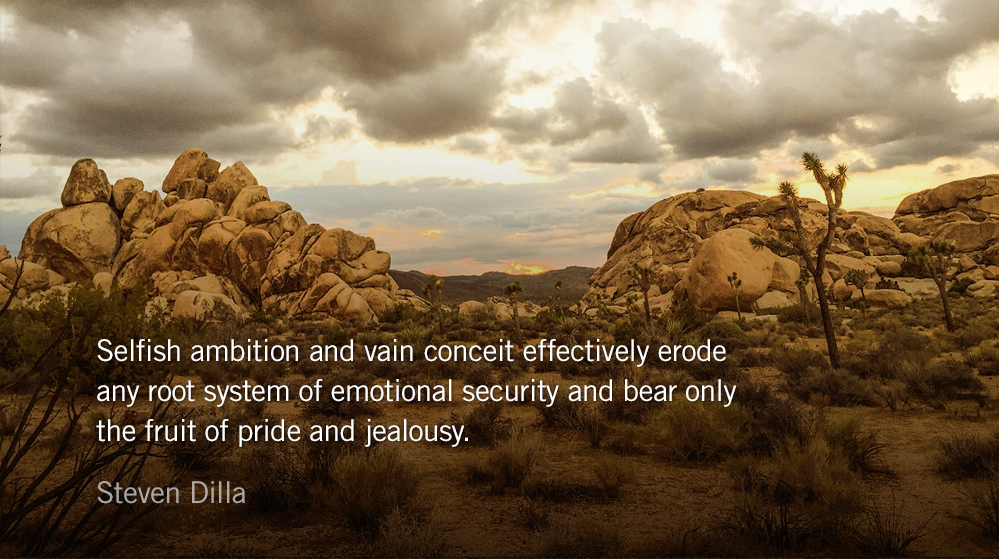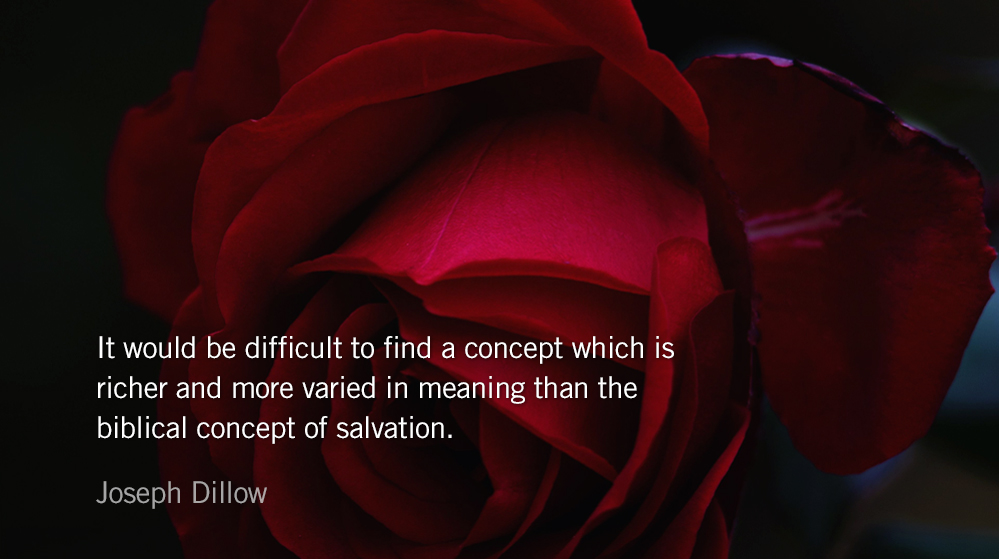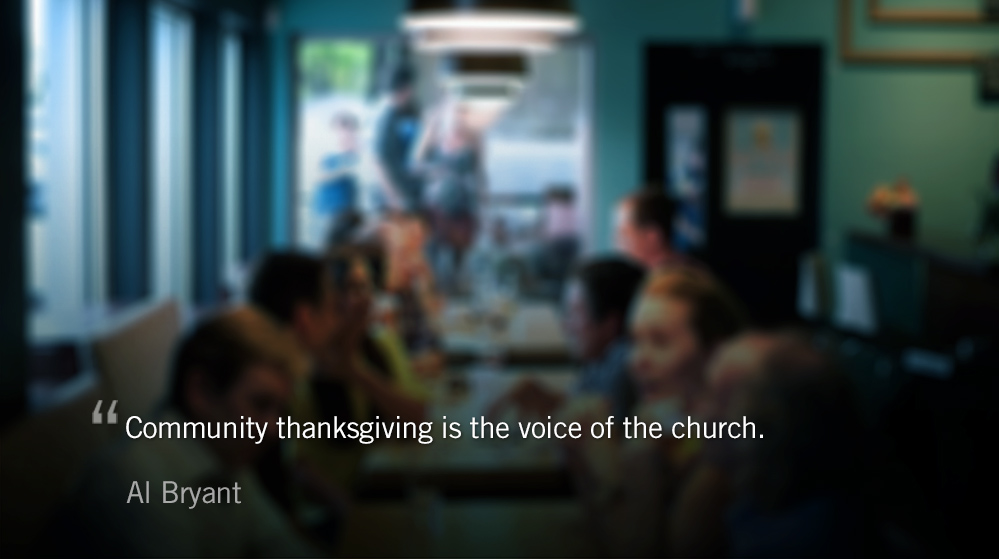For where jealousy and selfish ambition exist, there will be disorder and every vile practice. — James 3.16
I have friends who have mentioned that they have selected a “life verse”—a single passage upon which they regularly reflect and meditate. Though I’ve never chosen one personally, I’m convinced Philippians 2.3-4 would be most helpful: “Do nothing from selfish ambition or conceit…”—primarily because it exposes the de facto motivations of my heart.
Selfish ambition desires something for the glory of self—regardless of what’s left in the wake. Vain conceit desires something for the shame of others—proving wrong the doubters of the past. These two motivations foment in the human heart. Together they effectively erode any root system of emotional security and bear only the fruit of pride and jealousy.
James, in warning Christians against such things, calls them what they are—the wellspring of every vile practice. In examining James’ warnings about jealousy and selfish ambition, pastor and theologian Paul Cedar observes,
The Greek word for ‘bitter,’ pikros, is the same word James uses to describe the bitter water which comes from the spring [of the jealous heart]. The word denotes a sharp, pungent characteristic.
The most graphic translation of the word self-seeking would be ‘faction’ or those involved in ‘party split.’ This is the expression of mankind’s sinful nature which is preoccupied with the indulgence of wanting our own way—doing our own thing. It creates the ‘we-they’ syndrome with which we are all so familiar. It is selfish ambition at its worst.
“Vile” seems like a strong choice of words, until we trace out the full effects of these actions. Writ large, it is Bashar Al-Asad, who in 2010—a year before triggering the largest humanitarian crisis since the Nazis—ominously told Seymour Hersh, “You start with the land; you do not start with peace.” Writ small, it is Donald Trump who, in January, confessed: “I’m very greedy. I’m a greedy person. I shouldn’t tell you that, I’m a greedy–I’ve always been greedy.”
But it is written on all our hearts. The contrast Scripture offers isn’t, be less jealous and selfish. Instead, James extends an invitation by presenting the beauty of godly wisdom:
Wisdom from above is first pure, then peaceable, gentle, open to reason, full of mercy and good fruits, impartial and sincere.
Scripture proclaims that the answer for our pride and brokenness is found in the character of Jesus. Where our disquieted hearts churn, Christ has not only sown peace but invited us to partake in the fruit of his harvest.
Today’s Reading
Isaiah 9:8-10:4 (Listen – 8:50)
James 3 (Listen – 2:38)






